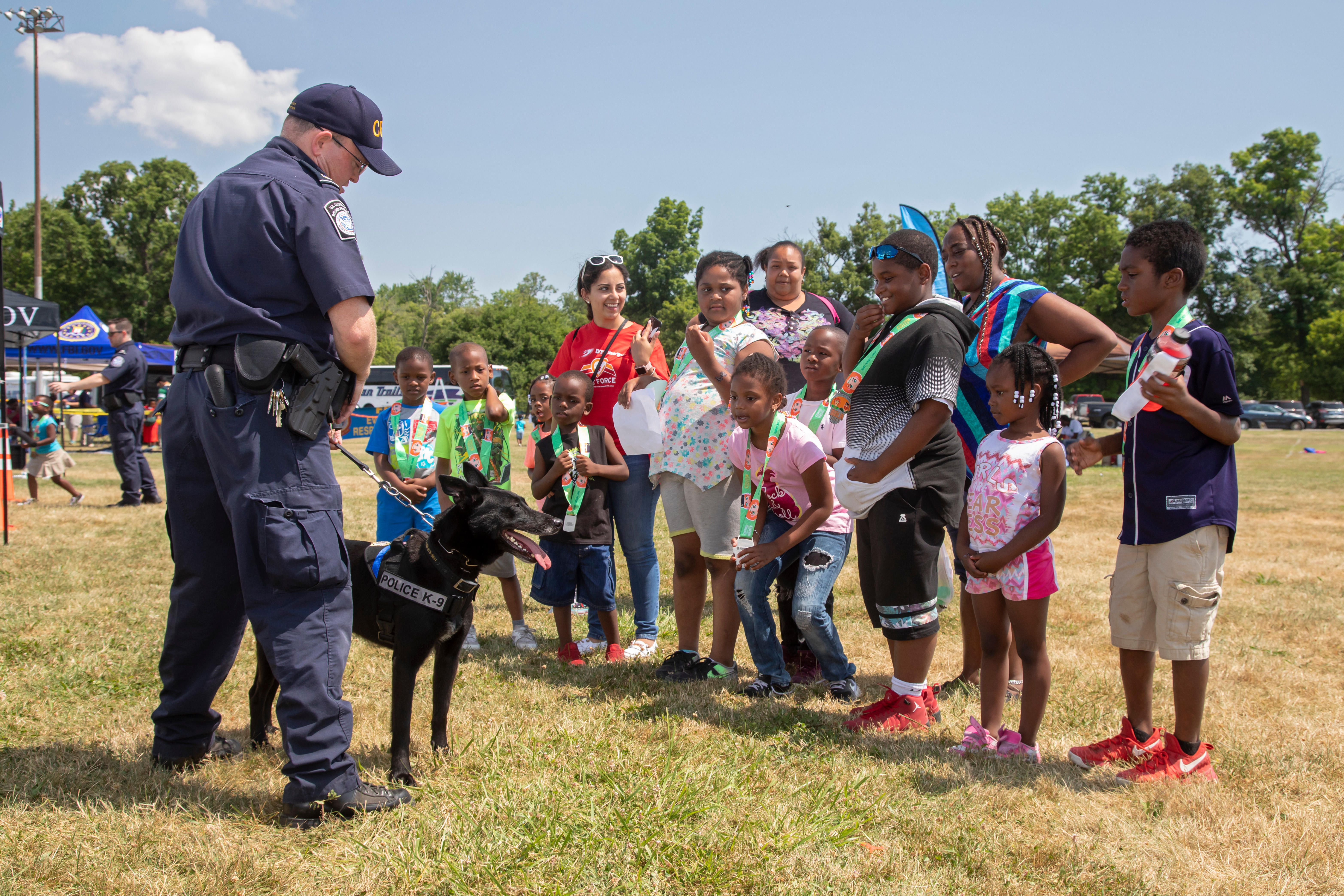Randomized Control Trial of a Youth-Focused Hotspot Policing Intervention

Problem
Traditional adult policing approaches are ineffective strategies for reducing youth crime.
Juvenile arrest rates remain high; however, there is still a lack of youth-centered approaches in policing interventions. Youth-centered approaches are vital in promoting positive interactions between youth and Law Enforcement Officers (LEOs), which can be life-altering as LEOs are typically the first point of contact youth have in juvenile justice and often have a significant effect on how other juvenile justice decision-makers later handle a case. Positive youth-LEO exchanges serve as a protective factor from a delinquent lifestyle. Therefore, more research is needed to examine whether youth-focused problem-oriented policing (POP) strategies will be effective in reducing youth crime and promoting positive youth-police interaction.
Solution
Examine whether problem-oriented policing in crime hotspots can reduce youth crime and improve youth-police interactions.
Funded by the National Institute of Justice, NORC at the University of Chicago and partners Rutgers University and Clarus Research conducted a randomized controlled trial to test whether implementing place-based proactive POP strategies combined with training for patrol LEOs in youth interactions and crime prevention can achieve crime reduction and broader community, youth, and officer benefits. We randomly assigned 137 crime hotspots in Cumberland County, NJ to the three conditions: POP (where POP strategies are implemented), POP for Youth (where POP strategies are implemented together with officer training in LEO-youth interactions) or Control (regular patrol). Data collection included official crime data, youth and officer surveys, qualitative interviews and focus groups. Analyses will evaluate outcomes from the three study conditions, including youth crime/victimization rates, LEOs’ attitudes and skills, and youth experience and perception with LEOs.
Result
Results are forthcoming
Related
Project Leads
-
Bruce Taylor
Senior FellowPrincipal Investigator -
Weiwei Liu
Principal Research ScientistPrincipal Investigator and Project Director






